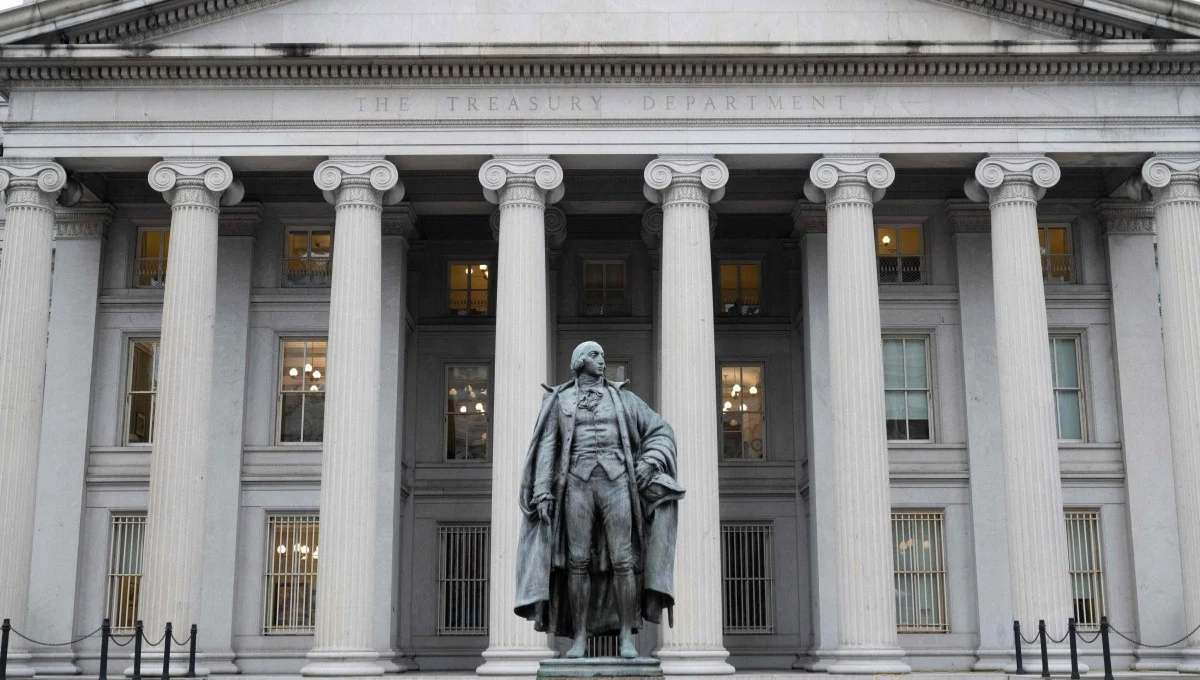The Treasury Department under the Trump administration has issued a high-profile advisory urging U.S. financial institutions to monitor and flag suspected Chinese money laundering networks linked to the fentanyl drug trade. This advisory was released on August 27, 2025, highlighting a growing concern about Chinese money laundering operations collaborating with Mexican drug cartels to fuel the widespread trafficking of fentanyl across American communities.
Overview of Advisory and Context
The advisory calls on banks, brokers, and other financial entities across the United States to be vigilant in identifying certain customers suspected of laundering money for drug cartels. The Trump administration specifically flagged profiles including Chinese nationals such as students, retirees, and homemakers who exhibit unexplained wealth or refuse to reveal the source of their funds. The Treasury Department’s focus is on these individuals potentially helping cartels evade Chinese currency regulations, which impose limits on foreign currency conversions—typically around $50,000 annually per individual. Many circumvent these controls by using underground banking systems that convert renminbi into foreign currencies, particularly U.S. dollars, which are then used to launder proceeds from narcotics including fentanyl.
Connection with Mexican Drug Cartels
The Treasury’s advisory exposes a sophisticated financial network wherein Chinese money laundering organizations operate hand-in-hand with Mexican drug cartels, such as the Sinaloa Cartel. These partnerships facilitate laundering proceeds derived not only from fentanyl but also cocaine and other narcotics. Federal law enforcement investigations last year revealed a $50 million laundering scheme connecting underground Chinese banking networks within the U.S. with Mexican cartel operations. This illicit financial activity exacerbates the opioid crisis impacting millions of Americans.
Financial Scale and Broader Criminal Links
Data from the Financial Crimes Enforcement Network (FinCEN), a Treasury agency, details over $312 billion in suspicious transactions reported between 2020 and 2024 potentially linked to Chinese money laundering networks. FinCEN’s 2025 report further highlights expanding criminal connections beyond drug trafficking, including human trafficking and suspicious activities involving adult senior care facilities in New York, which have been exploited as conduits for laundering illicit funds.
Political and Diplomatic Responses
President Donald Trump has publicly emphasized that many of the Chinese individuals flagged may be unwitting participants in these schemes, cautioning against indiscriminate profiling but underscoring the importance of vigilance in financial monitoring. At a recent meeting with South Korean President Yoon Suk-yeol, Trump remarked on the scale of Chinese nationals involved in the U.S. and stressed the need for coordinated efforts to curtail fentanyl trafficking. Meanwhile, the Chinese Embassy in Washington has remained silent on the advisory with no immediate comment issued as of the report date.
Broader Policy Implications and Sanctions
The Trump administration and its advisors are pushing for stringent measures, including the imposition of U.S. sanctions on Chinese financial institutions implicated in money laundering related to the fentanyl trade. The administration seeks to leverage all available tools, including congressional action, enhanced regulatory oversight, and increased capacity in Treasury and Justice departments to disrupt these illicit financial networks. Experts at congressional hearings have called for direct naming of China’s role in these laundering activities and for American financial institutions to increase scrutiny of money flows linked to Chinese criminal organizations.
Impact of Fentanyl Crisis in the United States
Fentanyl remains a leading cause of death in America for persons aged 18 to 45, surpassing other causes like suicide and automobile accidents. The synthetic opioid has driven a surge in overdose deaths, with over 100,000 fatalities reported annually in recent years, although there was a slight 12% decrease in overdose deaths in the last reported mid-2024 period, offering a glimmer of hope after a decade of crisis. The fentanyl problem has been a persistent challenge for successive administrations, and the Treasury advisory highlights how financial crime enforcement is a critical front in combating the epidemic.
The Trump administration’s latest directive urging banks to flag suspected Chinese money laundering linked to fentanyl trafficking marks a critical step in addressing the opioid epidemic through financial oversight. Highlighting the nexus between Chinese underground banking and Mexican drug cartels sheds light on complex transnational criminal schemes exploiting financial systems. This development therefore calls for increased vigilance among U.S. banks, enhanced regulatory measures, and international cooperation to curb fentanyl’s devastating impact.


